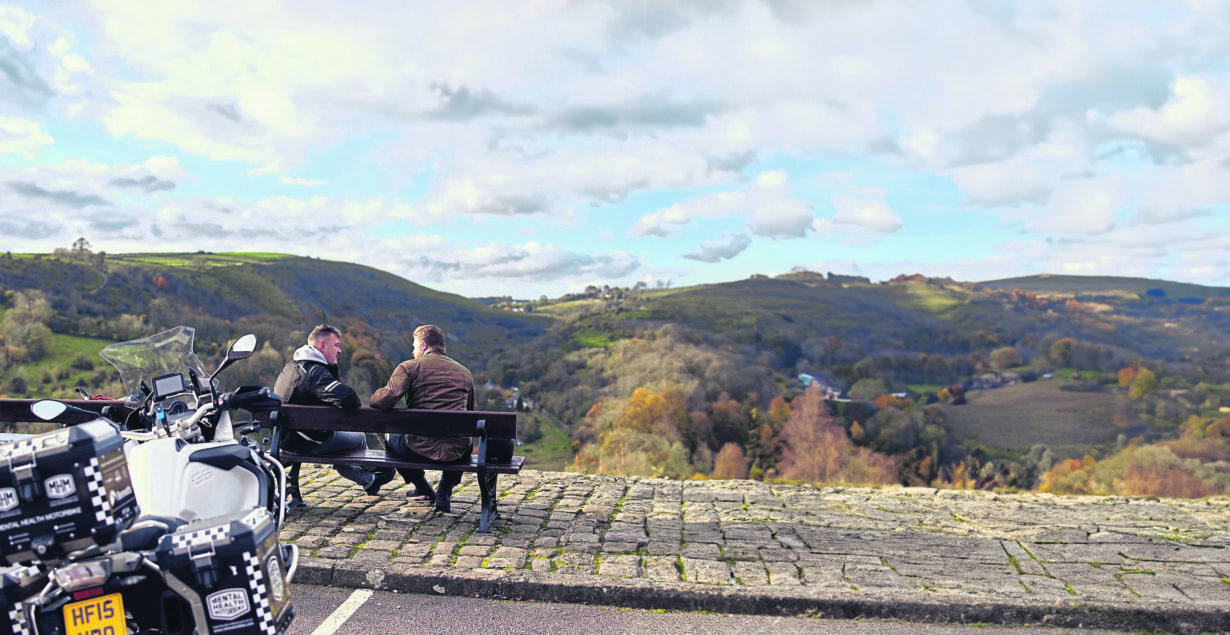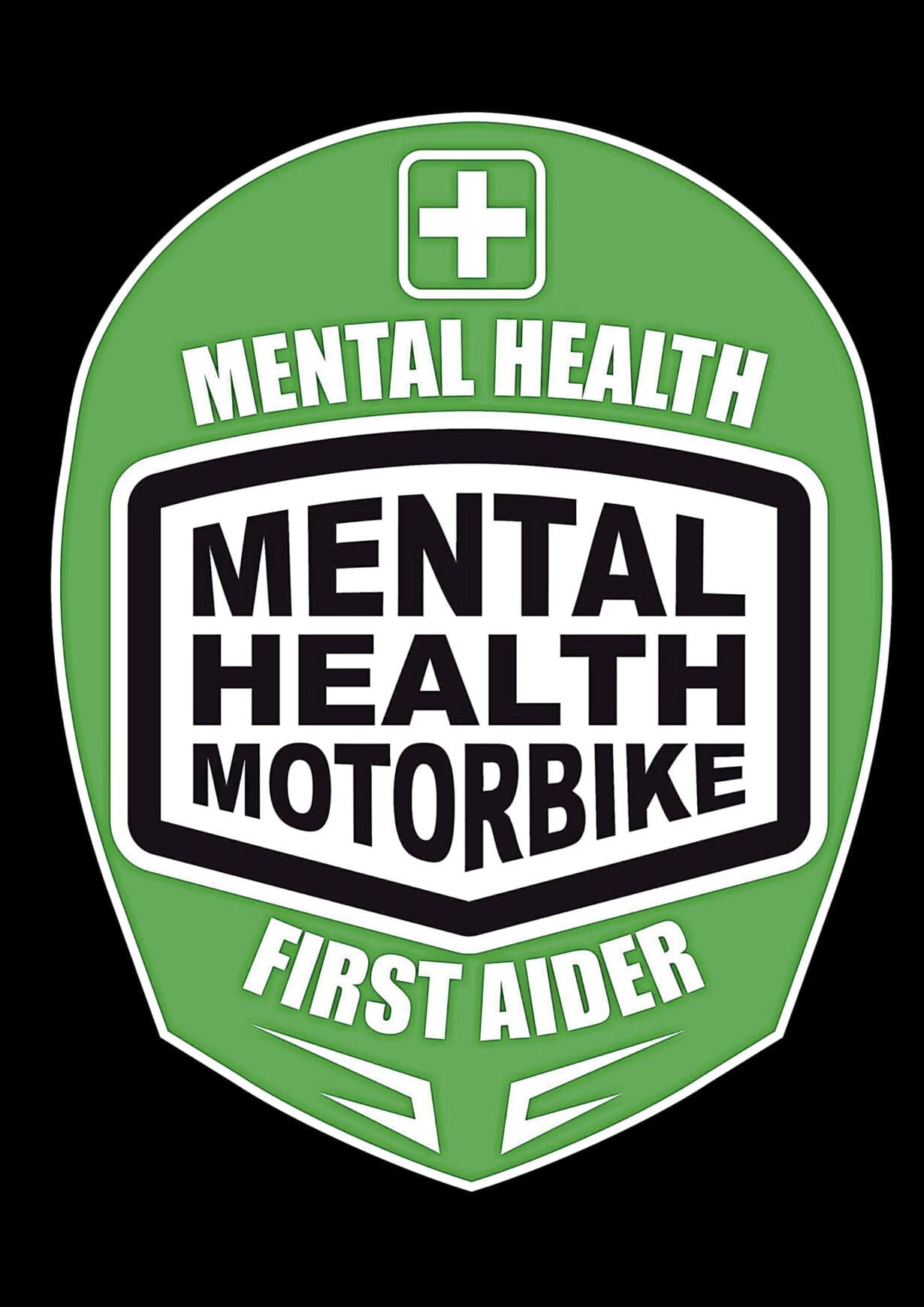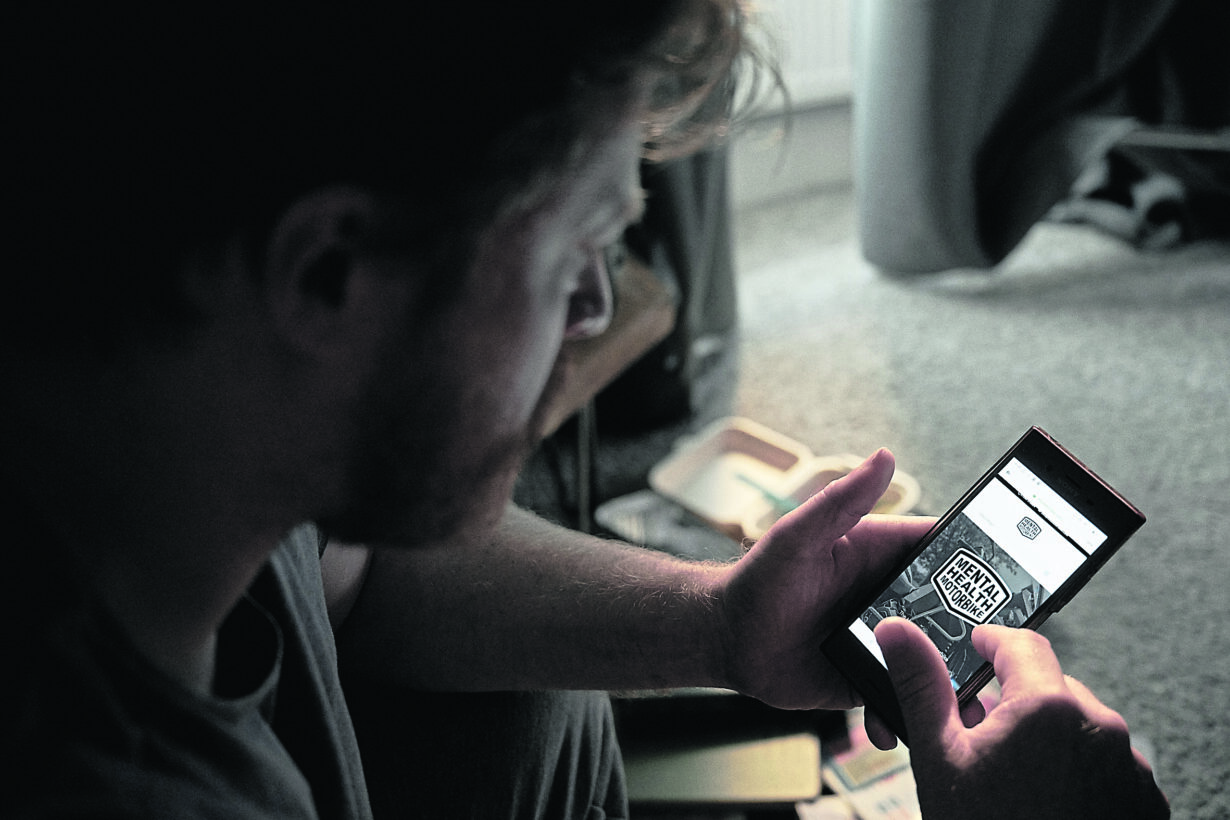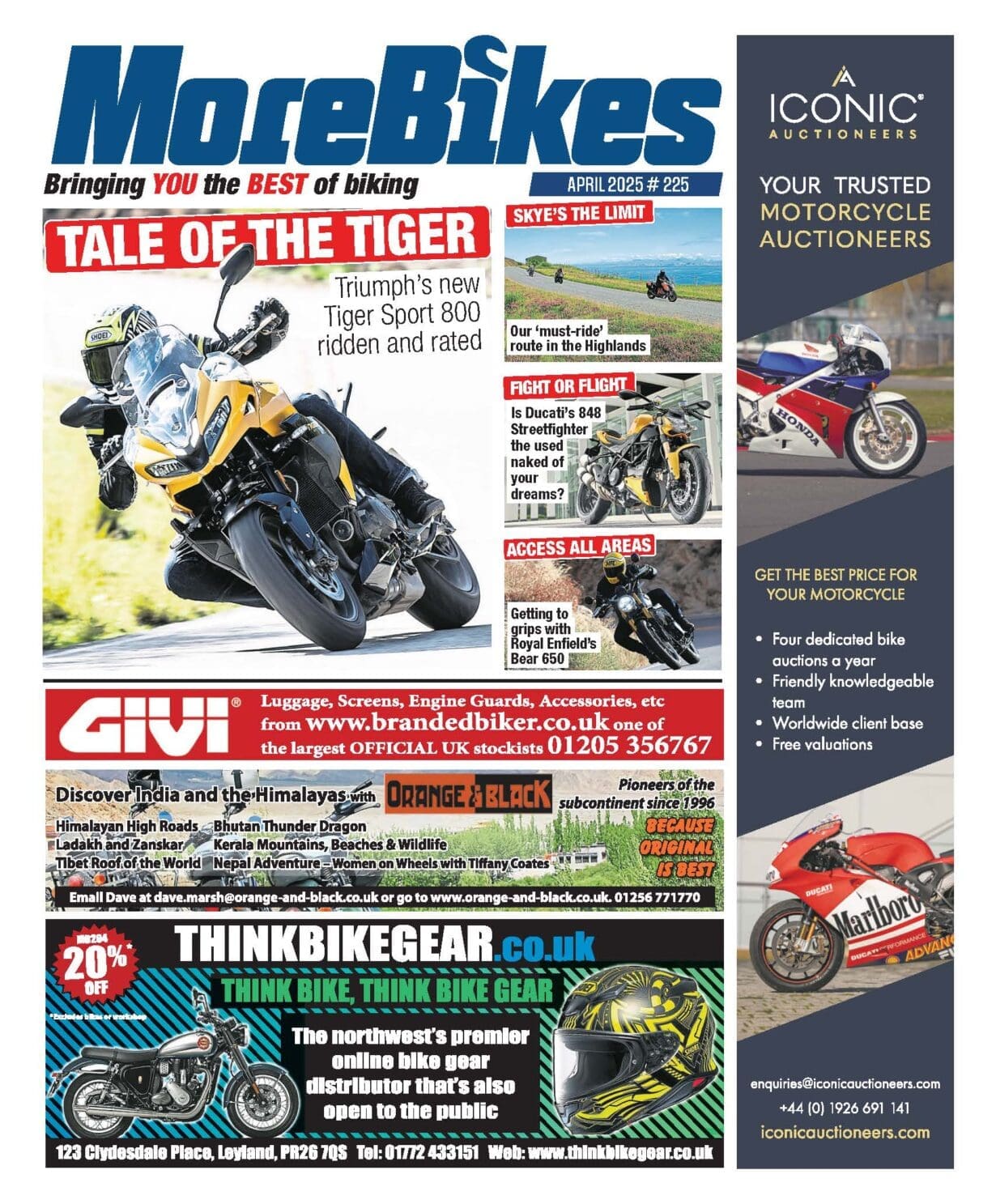BOB PICKETT investigates…
It’s 25 years ago, but still so vivid. At an exhibition, I was struck by a panic attack. The walls felt like they were closing in, I just wanted to get out. Somehow I held it together, but on the way home, waves of depression hit me. I was sent to a psychiatrist, who referred me to a hypnotherapist. She identified I’d been the victim of work bullying for over three years, my self-esteem eroded.
Hypnotherapy was incredible. She set up a series of scenarios for me to draw strength as needed. The effect was a revelation. Riding home from the first session, I took a wrong turn. Before I would have been in pieces. Now? I shrugged my shoulders, found the way out.
A combination of therapy and appropriate medication (I was weaned off in a controlled way) got me back on my feet. At work I moved into a totally different area, one that made much better use of my strengths.
Twenty-five years on, I get low moments but have techniques I draw from. I also know not to bottle it up. Let it out, you’re much better for it.
The most difficult thing for me to do? Ask for help. There are lots of people and organisations out there that WILL help. Reaching out and saying, “I’m having a hard time, I need help,” isn’t weak. You are far, far stronger than you will ever realise in taking that first step.

Last year I took part in the Distinguished Gentleman’s Ride. One of their core aims is to help with mental health. Researching that piece, I was stunned to discover that on average a man in the UK is lost to suicide every four minutes. I have since heard one in five of us will have suicidal thoughts during our lives. That’s not all, as one in four adults in the UK have been diagnosed with a mental health illness. 75% of people with diagnosed mental health illnesses receive no treatment. Suicide is the most common cause of death of men aged 20-49, and 75% of suicides are males.The biking community is a high risk group receiving very little or no formal support.
It is clear help is needed. This is where Mental Health Motorbike comes in. They’re a registered charity that exists to create meaningful opportunities so that together they grow the greater mental health wellbeing of the motorbike community. Their ultimate aim is to reduce suicide amongst bikers in the UK and are building a free, dedicated network of trained Mental Health First Aiders to support other bikers across the UK.
I spoke to Charity Trustee and Mental Health First Aider Mark JJ Johnson to find out how Mental Health Motorbike came into being; how they help; what we can do for both our own mental wellbeing; and how we can help others.

What brought you to form the charity Mental Health Motorbike?
In early 2020 I was sat thinking quietly on a Saturday afternoon about how I could help others and bring my life and work experiences, skills and knowledge together. My work over the past 25 years has been in further education and teaching young people with difficulties and or disabilities. Part of my role was working in the community to provide vocational education to people with mental health problems and to support their recovery from the difficult places they had been. The connections I made had a profound impact on me, in that I was able to communicate, listen and support quite naturally. So I thought, what voluntary work could I do that involved my passion for motorbikes and supporting others?
I literally typed in ‘motorbikes & mental health’ into Facebook! Up popped this local page called Mental Health Motorbike Support Group with about 30 to 40 followers (today over 2500). I checked out the webpage, found a number and rang. To cut a long story short, I spoke to this incredibly enthusiastic and charismatic chap, who outlined this vision to support bikers from across the whole spectrum of biking with their wellbeing and mental health, and to create a national charity to do this.
Also, this chap talked about the moment that inspired him to make something good happen. He had recently lost a dear friend, Dale Caffery, who had taken his own life. A man who was greatly loved; a man who didn’t know how to ask for help; a man who lit up a room; and a man who was so caring. A man lost too soon.
I was hooked, inspired, my life reinvigorated with purpose and meaning. We chatted for ages and have since built a great friendship and been on a fantastic journey ever since with this chap called Mr Paul ‘Oxo’ Oxborough.
The people who have come to be our supporters, trustees and team (all bikers and volunteers) have been drawn into this amazing journey for many reasons: to help support themselves in their own wellbeing and or recovery; the resonance of being able to support others from experiences that may have had a personal impact on their lives. But it’s the bikes that bring us and glue us together. These bikers bring so many skills and experiences and an energy which has saved lives and made lives better for so many bikers in such a short space of time, its just amazing to play a small part and be involved to achieve what we have done so far!
What are your values?
To preserve and protect good mental health for the motorbike community by providing services and events which relieve those suffering from poor mental health and reduce the risk of suicide and support and enhance good mental health.
■ Honesty & Integrity – Bikers for Bikers. We are transparent; we willingly share knowledge and information to support others within our communities
■ Being Human – We are all as individual as the bikes we ride. We are non-judgemental and we are inclusive, valuing the benefits diversity brings
■ Hope – We look forward to the journey and the road ahead. When the road ahead seems blocked we find solutions and another way around
■ Connection – Bikes are the glue that holds and brings us together. We build, we encourage and empower to create innovative partnerships and connections that bring us together to support each other
■ Maintenance & Recovery – Looking after our bikes and ourselves to ensure we keep running smoothly. Support and recovery is an ongoing journey, not just a destination. One day at a time, one step at a time.
What’s a Mental Health First Aider?
Within my everyday work role I am a trained Mental Health First Aider (MHFA) and safeguarding designate. The training is run by the external organisation MHFA England and it is an accredited 15-hour course which can be done face-to-face over two full days or online over four sessions. As well as the main trainer, Mental Health Motorbike also provide a welfare person who looks after the group whilst they undertake the training. At times the content can be hard so this welfare person can meet in a different room with the person who is struggling.
The course looks at different types of mental health illness and gives you a great toolkit to use if a person is in crisis. The main role of a mental health first aider is to listen, to support, and then guide the person to professional medical help. The final bit of the course looks at your own selfcare and how to look after yourself whilst you look after others. It is a fabulous course that has saved many, many lives.

What other resources can Mental Health Motorbike make available?
The Mental Health Motorbike website has a comprehensive array of various support resources which are free to anybody needing help.
Additionally and importantly, we are attending many events throughout the year to be seen, to be able to talk to people one-to-one, and give support if needed.
We also have a very successful members-only peer support group which runs through Facebook and is a private, safe space to get support morning, afternoons and evenings.
What would you say to anyone who is struggling?
The first thing we would say is reach out to someone you trust and ask them to help you. This is the hardest step. We try to have a safe space at events so if you see the gazebo that is a safe space. Look for the green mental health first aider sticker on bikes, in cafés and shops as these are people trained to support you. We also have a big team supporting bikers through the online Facebook peer support group so join this space for some great support.
What can bikers do to help?
We need your support to help fundraise for the charity, so if your club can do an event or help us in other ways email us at [email protected]
■ For more information on Mental Health Motorbike, their aims, useful resources and how you can become involved or reach out if you need help, visit: www.mhmotorbike.com


